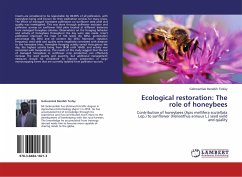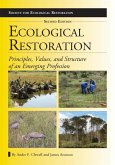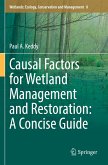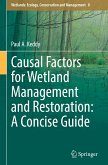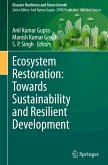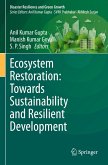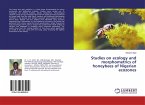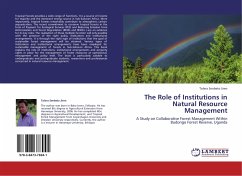Insects are considered to be responsible for 80-85% of all pollination, with honeybees being well known for their pollination services for many crops. The effect of managed honeybee pollination on sunflower seed yield and quality was investigated. This was done through pollinator exclusion and pollinator surveys on sunflower field plots located at different distances from managed honeybee colonies. Observations on the foraging behavior and activity of honeybees throughout the day were also made. Insect pollination improved the mass of 100 seeds (by 38%), germination percentage (by 38%) and oil content (by 36%). Moreover, visitation frequency, seed yield and quality were negatively correlated with distance to the honeybee hives. Honeybee foraging activity varied throughout the day, the highest activity being from 9h00 until 16h00, and activity was correlated with temperature. The results of this study suggest that the use of managed honeybees in sunflower crop production can effectively increase the seed quality and quantity, but additional management measures should be considered to improve production in large monocropping farms that are currently isolated from pollinator sources.
Bitte wählen Sie Ihr Anliegen aus.
Rechnungen
Retourenschein anfordern
Bestellstatus
Storno

